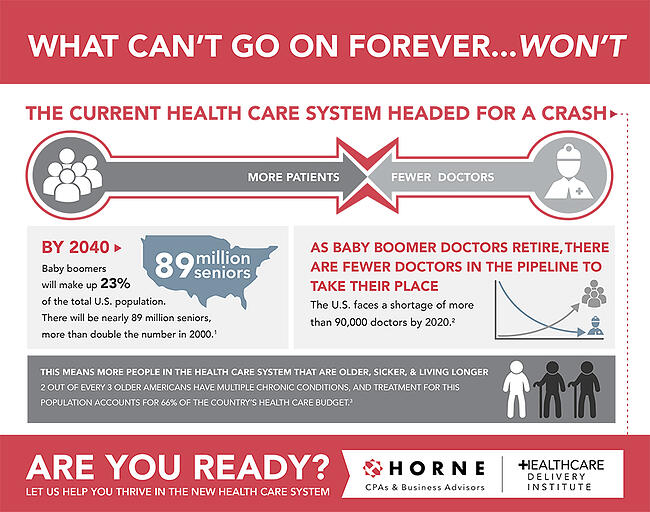“I only want you to tell me what the doctor’s practice is worth. I will worry about her salary. Why do you care about compensation anyway?”
This is a common response from clients when we ask for post-acquisition physician compensation as an input to determine fair market value of the physician’s practice in a potential acquisition. Hospitals sometimes try to compartmentalize physician practices by looking at the value of the business apart from the value of the physician’s services. Because medicine is a service-based industry, however, value is largely dependent on income from physician services, and physicians expect compensation for such services. Therefore, you cannot consider the value of a physician practice without considering the value, or cost, of its primary income generator, the physician.
Continue reading >













